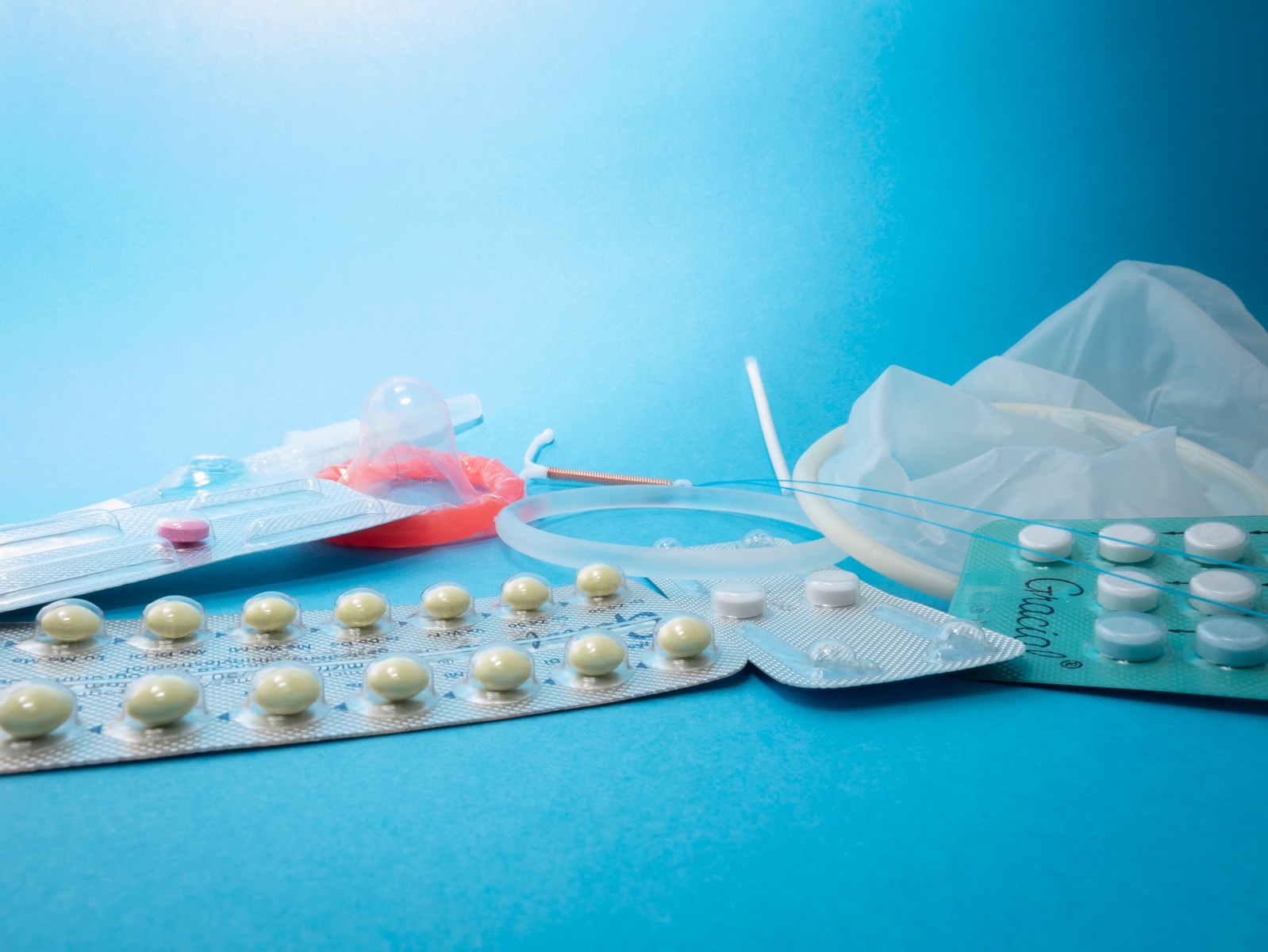OPINION
Grace Emily Stark
Grace Emily Stark, M.A., is the Editor-in-Chief and Public Relations manager at Natural Womanhood. Grace holds a M.A. in Bioethics & Health Policy from Loyola University Chicago and a B.S. in Healthcare Management & Policy from Georgetown University
Fat and sick: that’s what Elon Musk, the billionaire founder of Tesla and SpaceX, says birth control will make you.
The X owner has made waves over the past few weeks with his comments on his social media platform concerning the harms of hormonal birth control.
It all started on January 30, when conservative commentator Ashley St. Clair tweeted:
“Doctors hardly, if ever, advise women that it may be their birth control making them depressed or even suicidal, despite documented risk of both on the pill. Instead, doctors prescribe an anti-depressant and tell them this pharmaceutical cocktail will solve their problems.”
Her tweet captured the attention of Musk, who replied:
“Wow, I just searched medical research papers and it turns out that birth control meds triple the risk of suicide!! I never heard that before you posted.”
Of course, Natural Womanhood has been reporting on hormonal birth control’s ability to increase a user’s risk for depression and suicide for the better part of a decade; 2016, after all, is the year a landmark Danish study found a significant correlation between women who had been prescribed hormonal birth control and were later prescribed an antidepressant.
While many still downplay the risk of depression with hormonal birth control use, the fact remains that we’ve had astonishingly good evidence of the brain-altering effects of hormonal birth control for many years now. But St. Clair’s viral tweet seemed to cause something of a revelation for Musk, who, on February 16, made his own tweet about the dangers of hormonal contraceptives:
“Hormonal birth control makes you fat, doubles risk of depression & triples risk of suicide. This is the clear scientific consensus, but very few people seem to know it.”
Musk’s tweet has since gone viral, with thousands of comments from others weighing in with their own negative experiences on birth control, including many additional harms Musk missed, including cervical cancer, pseudotumor cerebri, and the way it alters women’s attraction to men.
Right on cue, however, mainstream media sources have been quick to call Musk’s comments “misleading,” “divisive,” and have even warned that women “shouldn’t look to Musk’s tweet as a source of credible information because there’s a lot he got wrong.”
While I agreed in my own comments to Our Sunday Visitor that Musk’s tweets needed contextualizing (as did other fertility awareness advocates and experts like FACT’s Dr. Marguerite Duane, and Anna Halpine, CEO of FEMM), there’s no doubt given the significant amount of data we have concerning the risks and side effects of hormonal birth control that the gist of Musk’s tweets–namely, that these drugs carry significant risks to the health and well-being of girls and women everywhere–are painfully, obviously true.
In fact, in our own comments on Musk’s tweets, Natural Womanhood pointed out that hormonal birth control use also has an association with the development of certain autoimmune disorders, such as Crohn’s, Multiple Sclerosis (MS), and Lupus, and why, exactly, the Pill might cause some women to gain weight. As part of a group that published a comprehensive petition to the FDA on the harms of hormonal birth control, Natural Womanhood has long been at the forefront of informing as many women as possible about the sinister realities of these so-called “empowering” drugs and devices.
As more women share their stories about the negative realities of hormonal birth control, the facade around the drug’s safety continues to crumble. While women have been gaslighted for generations that the Pill’s negative effects are “in their head” or that “the Pill doesn’t do that,” Musk’s tweet (and the huge response to it) proves otherwise.
Now imagine if we could just get Elon’s attention on the benefits of fertility awareness as a healthy, effective alternative to hormonal birth control–and all the important reasons why women need to ovulate and have periods, which birth control suppresses.

